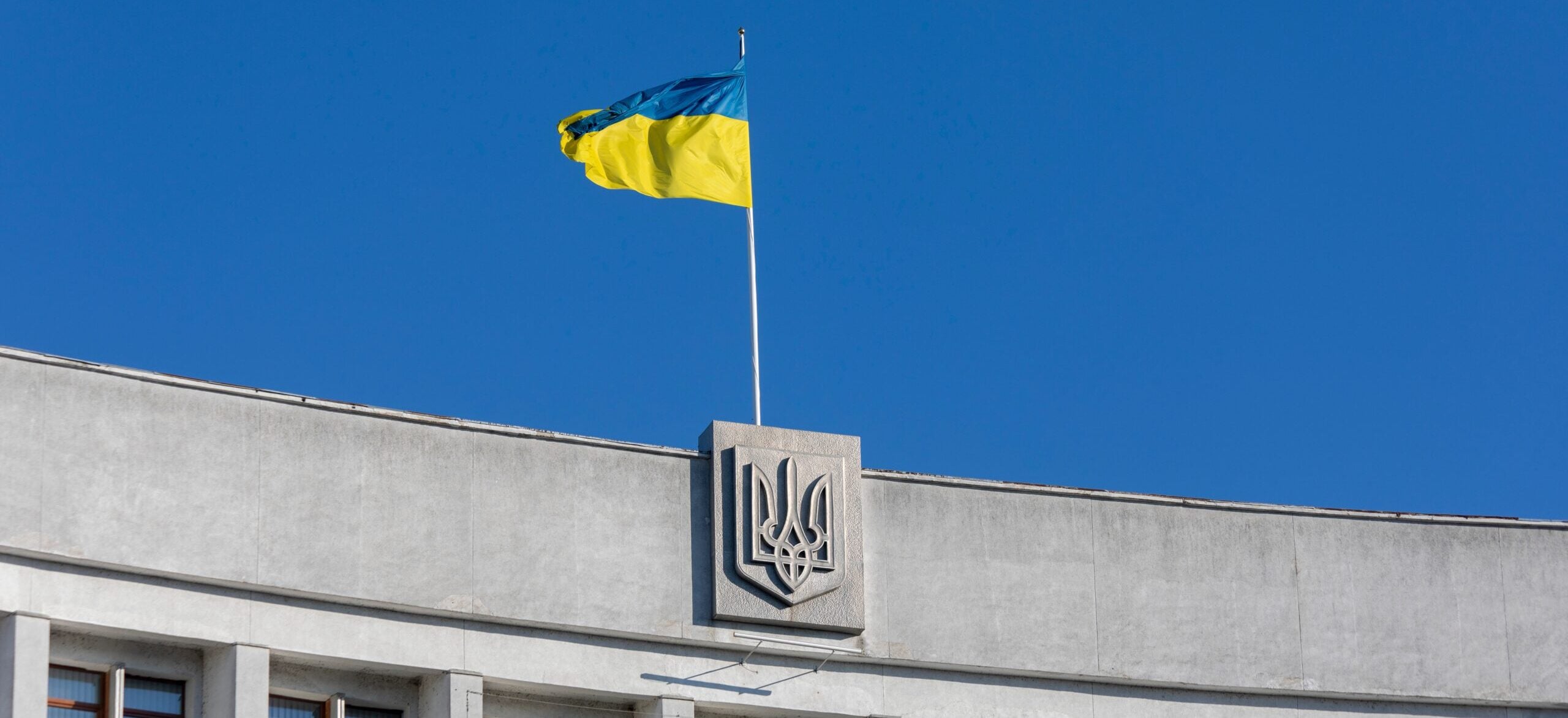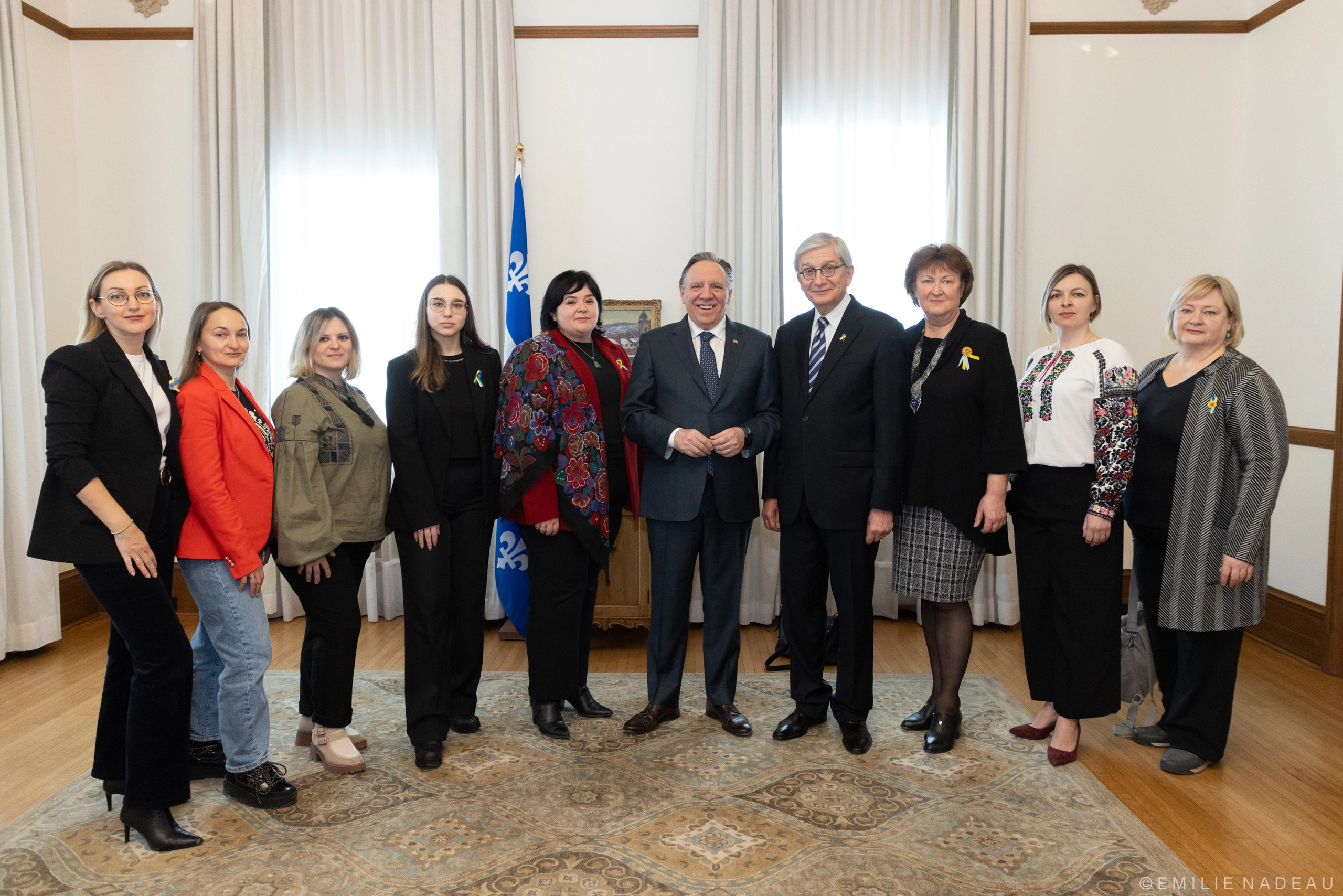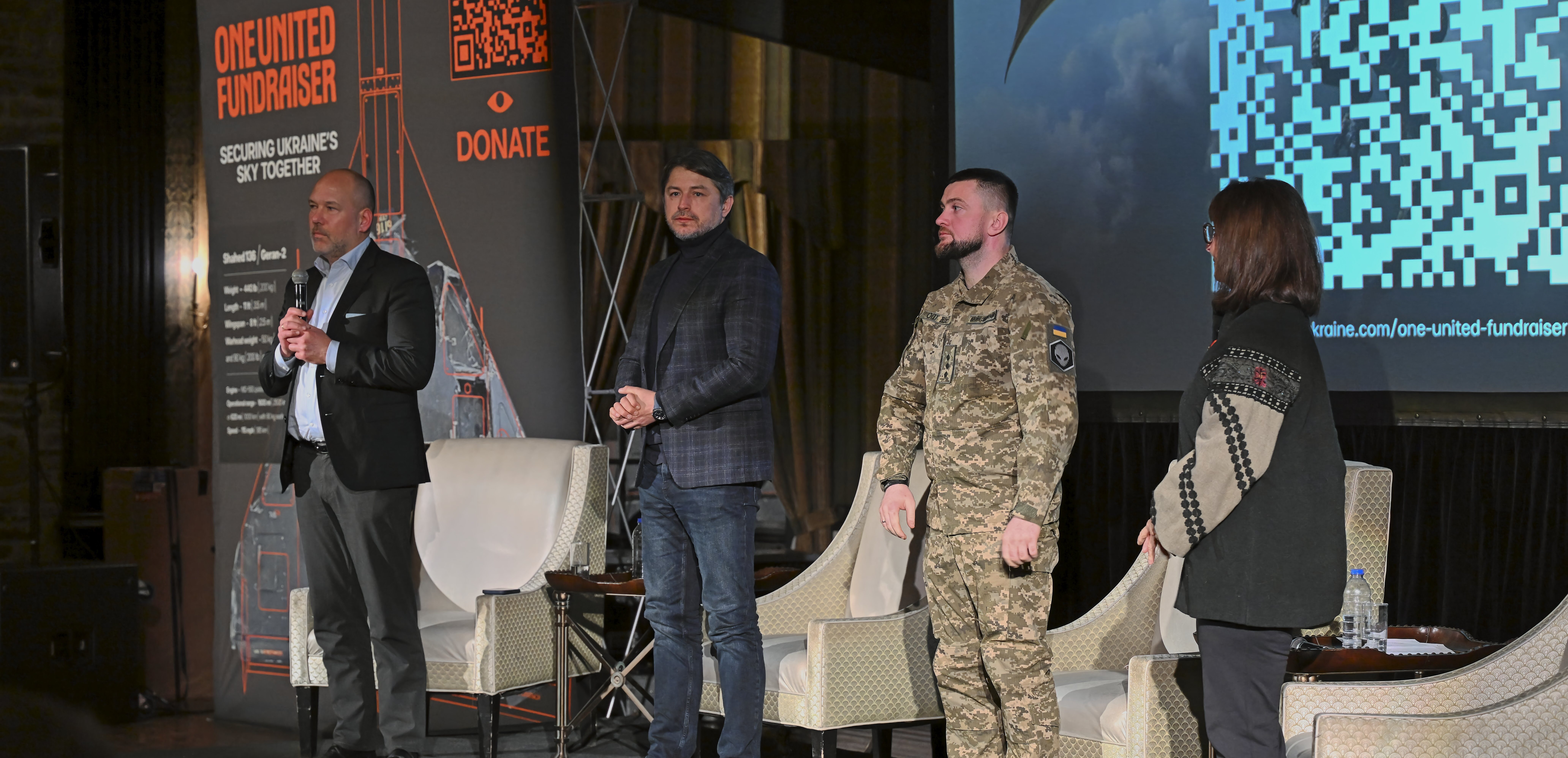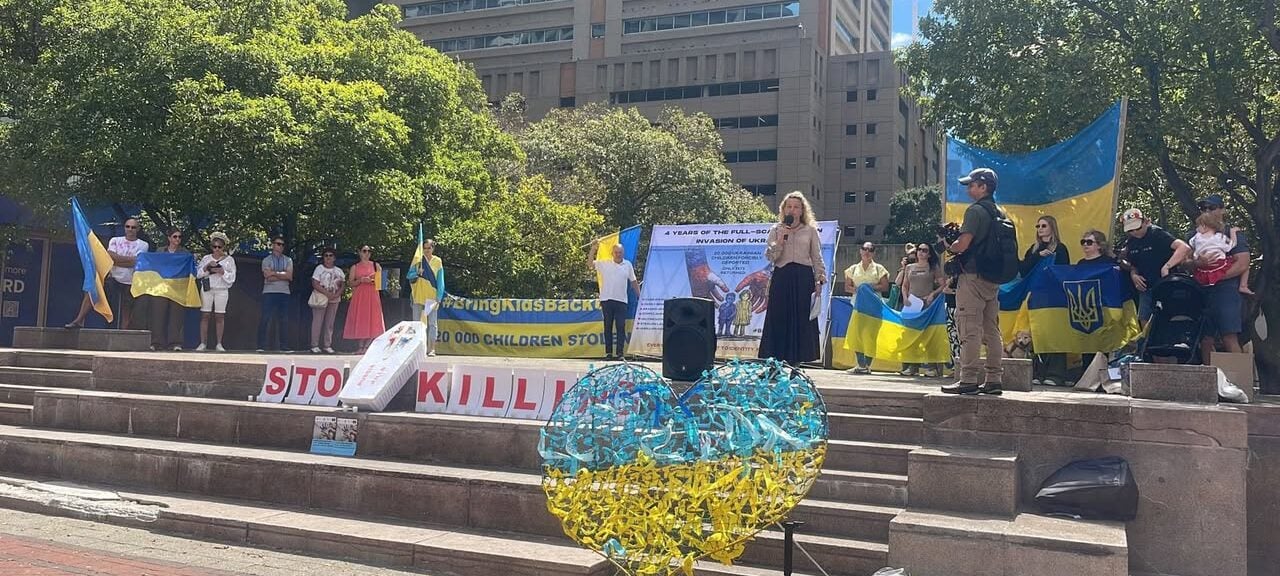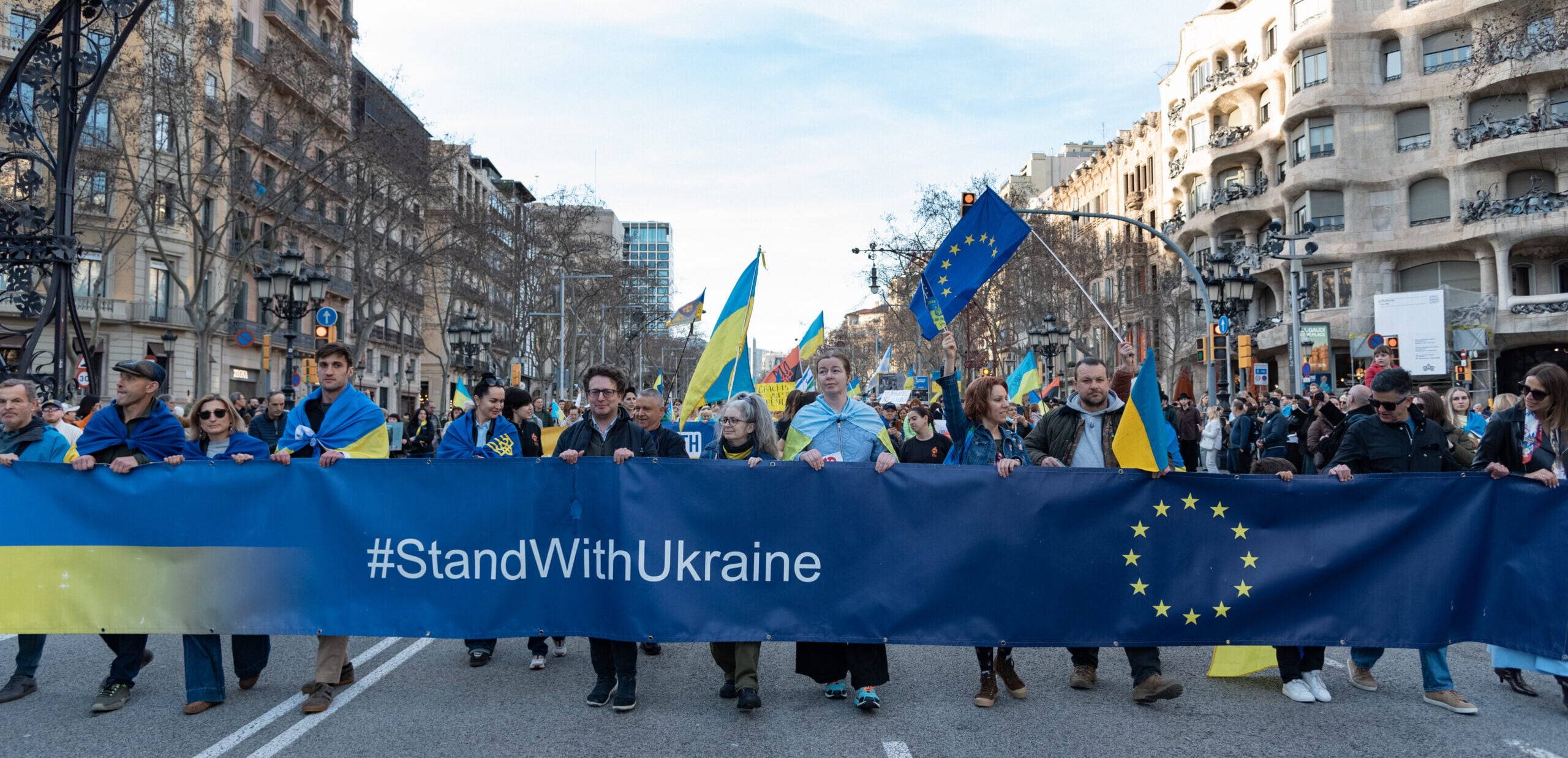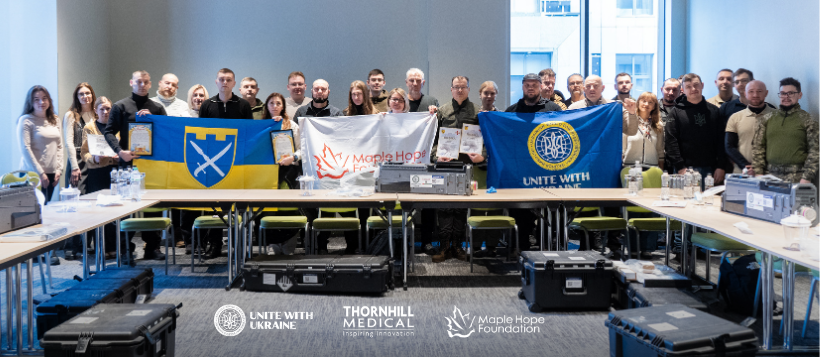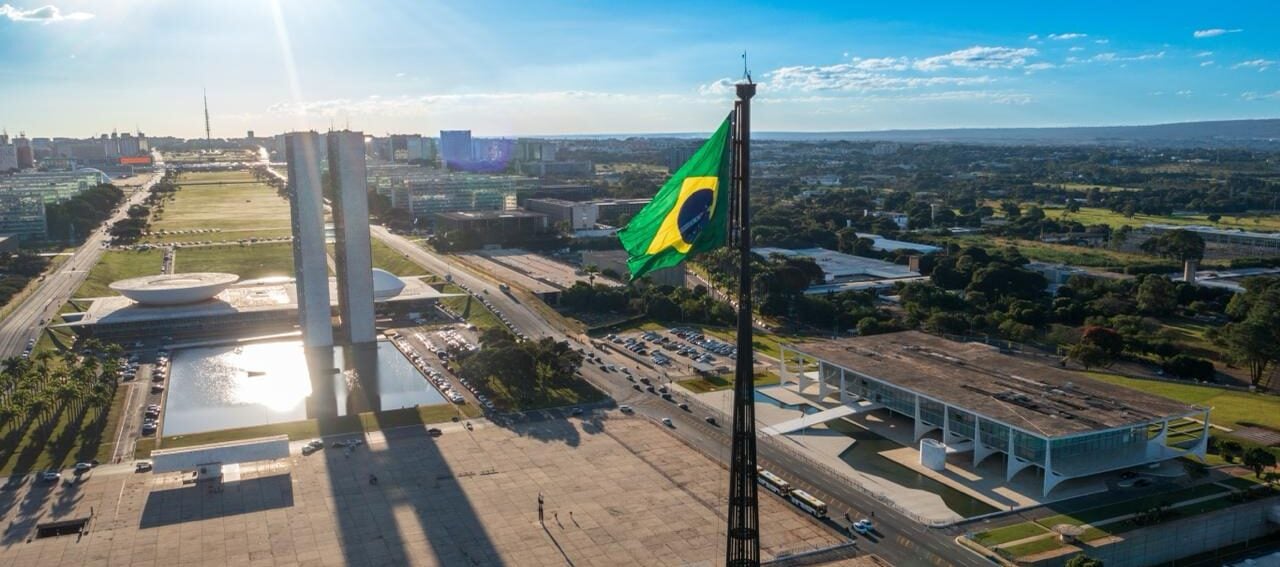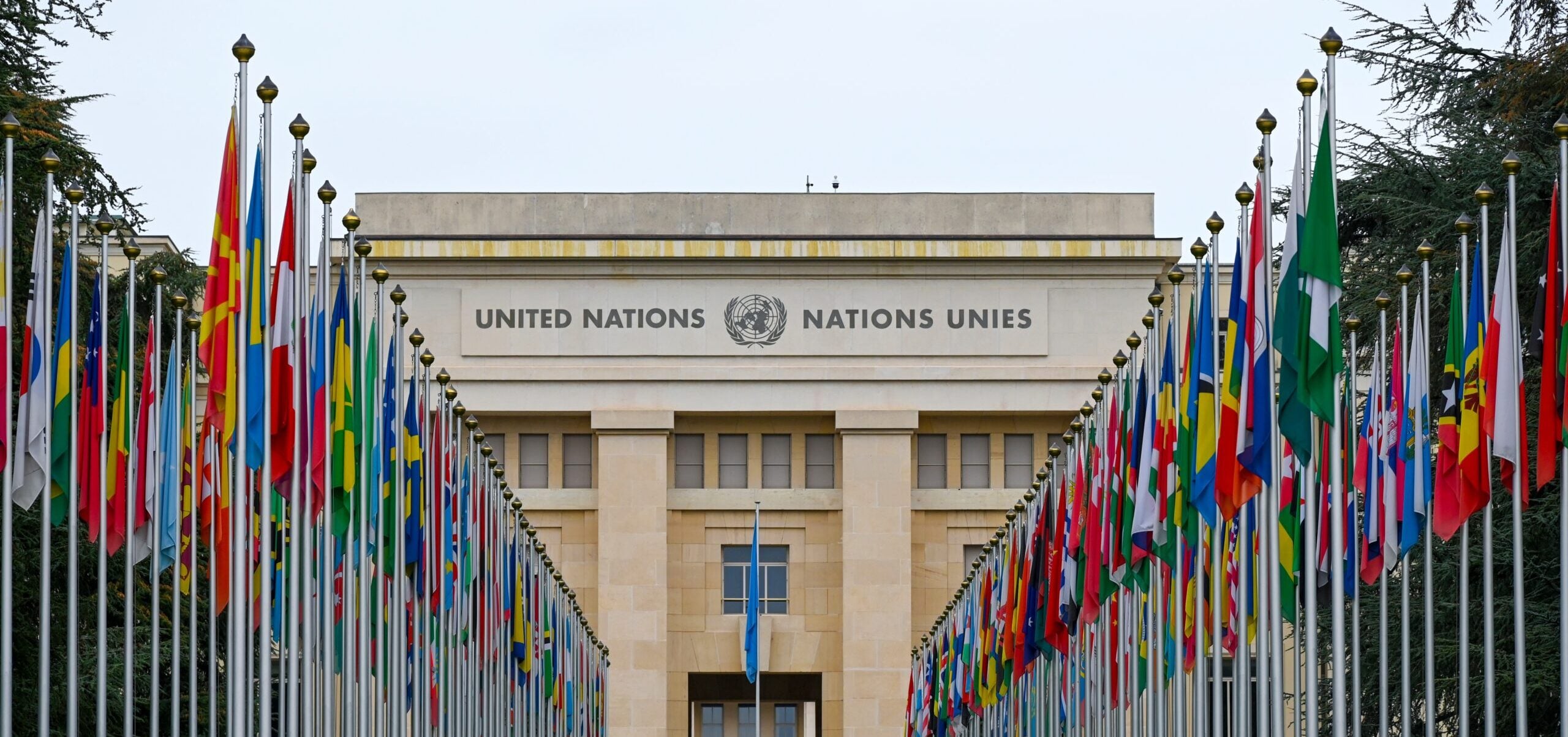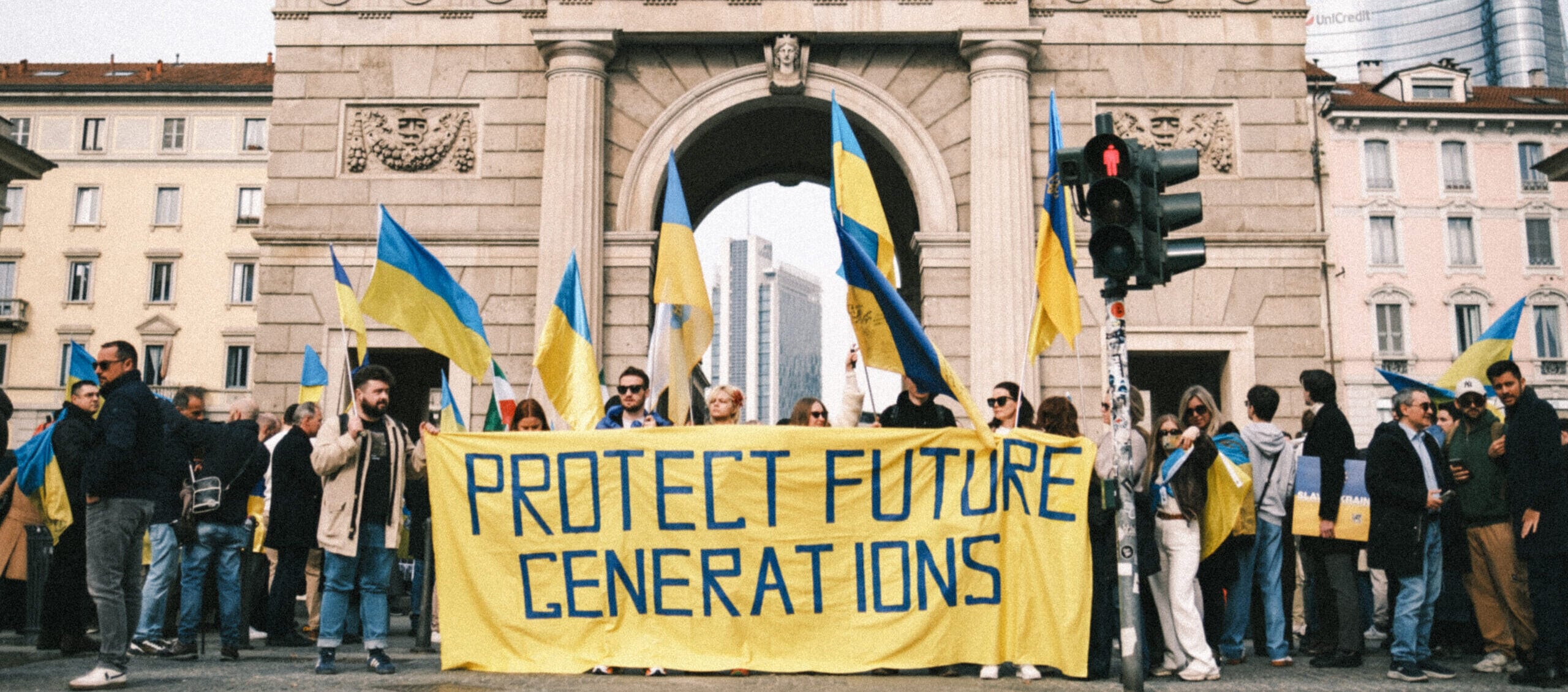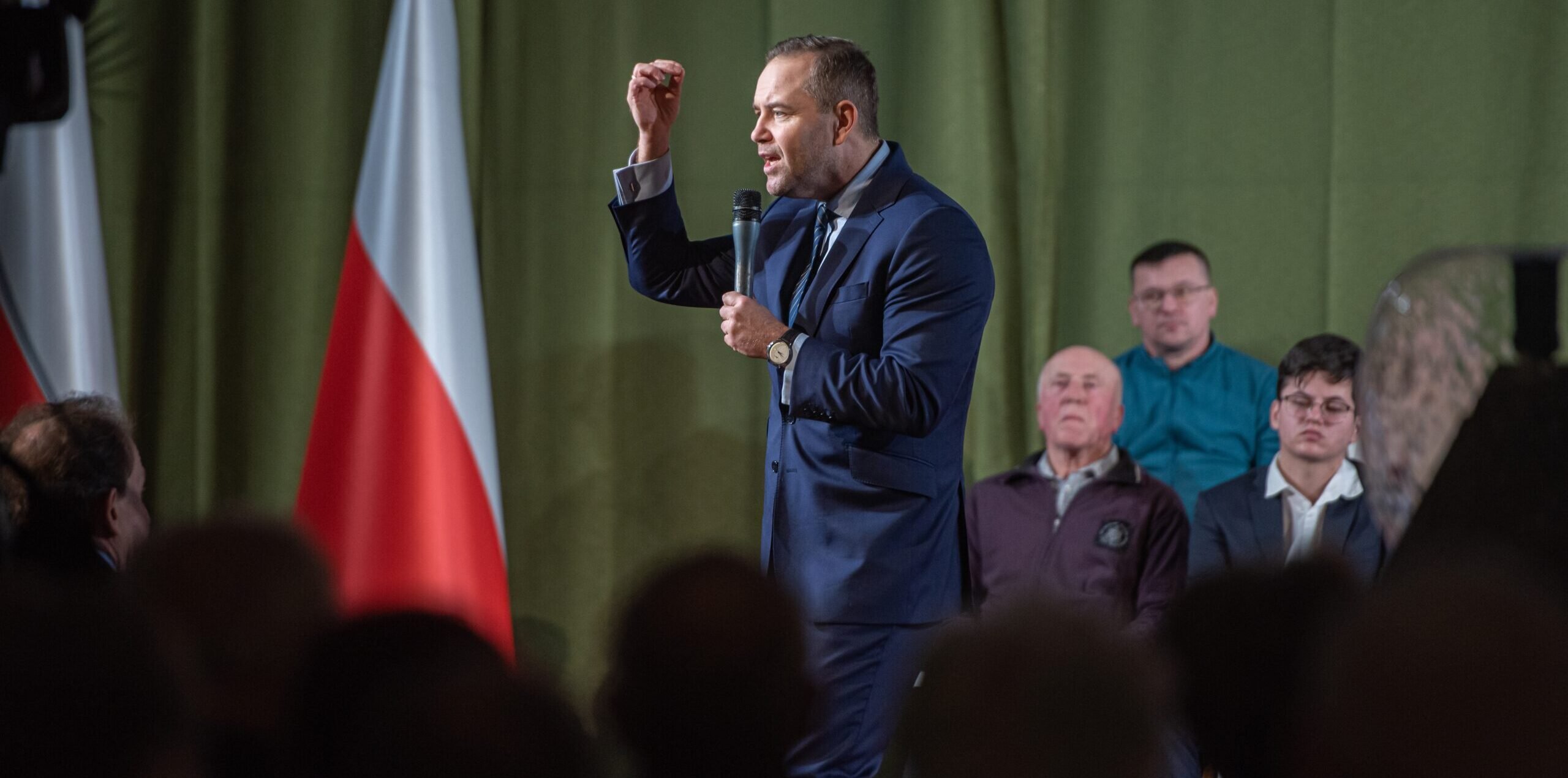
Karol Nawrocki, director of the Institute of National Remembrance, won the Polish presidential election held on June 1. He received 50.89 percent of the vote, narrowly defeating his opponent Rafał Trzaskowski, who received 49.11 percent. Voter turnout was 73.96 percent.
Nawrocki, supported by the opposition party Law and Justice, advocates for the increase in defense spending and to provide aid to Ukraine. However, he opposes ratifying Ukraine’s accession to NATO.
Miroslaw Skorka, head of the Association of Ukrainians in Poland, commented on the election results in a statement to the Ukrainian World Congress.
Karol Nawrocki won the Polish presidential election. He succeeds Andrzej Duda, who was known as a friend of Ukraine, and brings with him openly anti-Ukrainian views.
As head of the Institute of National Remembrance, Nawrocki played a direct role in escalating tensions between Poland and Ukraine over their shared history. He promoted a stance unacceptable to Ukrainians by unilaterally condemning the Ukrainian liberation struggles from 1918 to 1947. This stance triggered a crisis over the management of burial sites for Polish and Ukrainian victims of the conflict.
Nawrocki has been responsible for tolerating the destruction of Ukrainian burial sites in Poland.
The most notable example of his anti-Ukrainian position was a November 2023 decision by the Institute under his leadership to halt the investigation into the criminal nature of the 1947 deportation of Ukrainians from Poland, known as Operation Vistula.
In its justification, the Institute went further than the perpetrators by fully exonerating the communist criminals. This decision sparked widespread outrage among Polish and Ukrainian historians, and the Warsaw appellate court later overturned it, citing the disregard of many historical facts and Polish scholarly research.
During the political campaign, Nawrocki openly stated his opposition to Ukraine’s accession to NATO and the European Union. His position drew sharp criticism from both political opponents and some members of the party that officially backed him.
Nevertheless, this did not prevent his election win.
Nawrocki’s presidency signals that advancing Ukrainian interests in Poland, the EU, and NATO will become significantly more challenging — though not impossible.
A loyal “political soldier” of his party, Nawrocki owes his victory to the steadfast support of the opposition party Law and Justice. If the party shifts its policies, he is expected to follow suit.
Ukraine is gradually losing one of its key supporters in Europe. Whether this shift is influenced by Russia remains unclear. Still, the Ukrainian government must prepare for the reality of facing a new difficult neighbor along its most vulnerable border.
Cover: Shutterstock
